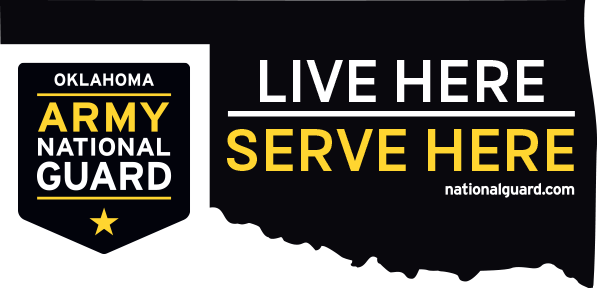Warrant Officer
BE THE AUTHORITY ABOVE
Joining the warrant officer aviation program as a helicopter pilot means you’ll be controlling some of the most advanced aircraft in the sky. National Guard aviators are among the best in the world. You will have the skills and ability to change the outcome of disastrous scenarios where failure is not an option. A respected position in the National Guard, aviation warrant officers deal in high-pressure situations delivering payloads to critical areas, engaging enemy targets and rescuing people from life-threatening situations.
A normal day for our aviators could consist of successfully delivering troops to hot zones, performing search and rescue missions, responding to natural disasters or delivering lifesaving goods to a community in need.
WHAT IS A WARRANT OFFICER?
Warrant Officers make up the technical foundation of the U.S. Army. Throughout their careers, they specialize in a technical area like intelligence, aviation, or military police. Although they make up less than three percent of total Army strength, Warrant Officers have a great job responsibility that includes training Soldiers, organizing and advising on missions, and advancing within their career specialties.
WARRANT OFFICER CANDIDATE SCHOOL
Those interested in becoming Warrant Officers must be selected for Warrant Officer Candidate School (WOCS), which is generally held in Fort Rucker, Alabama. Technical specialty applicants must be Staff Sergeant/E-6 or higher to be considered for selection. There is no minimum grade requirement for aviation applicants.
The school is designed to assess candidates’ potential for appointment as Warrant Officers and prepare them for service in 16 of the Army’s 17 branches (the Special Operations branch trains and appoints its own Warrant Officers). The course also focuses on training similar to Officer Candidates School (OCS), and provides candidates a foundation of leadership skills that will eventually help them manage others.
After a candidate completes WOCS, he or she is appointed as a Warrant Officer (WO1). Graduates are then sent to their specific U.S. Army branches, where they receive more focused technical training in their specialties.
REQUIREMENTS
Do you have what it takes to become a Warrant Officer? Applicants for the Warrant Officer Candidate School and Warrant Officer Flight Training program must:
- Have a high school diploma.
- Be at least 18 years old at the time of enlistment and not have passed their 33rd birthday at the time of selection (for aviators) or their 46th birthday for all other specialties. Age waivers are considered on a case-by-case basis.
- Be a citizen of the United States.
- For WOFT Candidates only: Achieve a qualifying score on the Selection Instrument for Flight Training (SIFT). SIFT test results are valid indefinitely, as long as verifiable official records exist. No waivers are available for failure to meet the minimum SIFT score.
- Earn a General Technical score of 110 or higher on the Armed Forces Vocational Aptitude Battery (ASVAB).
- Have at least 12 months remaining on their enlistment contract.
- Meet the Army’s screening height and weight standards and pass the standard three-event Army Physical Fitness Test (APFT) not more than six months before their application packet is boarded.
- Take a physical exam and meet entry medical fitness standards as determined by military medical authorities no more than 24 months prior to the date of application. Aviation applicants must also undergo a Class 1A Flight Physical Examination and have results approved by Flight Surgeons at Fort Rucker, Alabama, prior to the selection board. The Flight Physical must be less than 18 months old.
ADDITIONAL REQUIREMENTS FOR TECHNICAL SPECIALTIES
- Must complete MOS training
- Must complete appropriate Noncommissioned Officer Education System (NCOES) Leadership Courses
- Must have documented proficiency in specialty area
- Must meet prerequisite standards for specialty area
For more information contact: CW2 Mallory Roth 405-475-1541
Copyright © 2021
PRIVACY & LEGAL
Freedom of Information Request
DoD Information Quality
No Fear Act Data
Open Government
Plain Writing
Privacy Program
USA.gov
Official OKNG Website
